It was touching and surprising to see USIP's special attention to VAVA. This year's theme was not supposed to focus on Agent Orange/dioxin, but USIP decided to invite the VAVA Delegation to participate and adjust the program for the 2nd and 3rd day of the dialogue.
Recognizing this as an opportunity for the VAVA Delegation to demonstrate its role and mission to the Vietnamese AO victims, VAVA sent 3 officers to the dialogue. All members of the delegation felt the deep concern of the delegates about the consequences of war, including the harmful effects of Agent Orange/dioxin and the need for practical and effective policies for victims of war.
With more than 100 delegates attending in person (not including online) including representatives from the US, Vietnam, Laos, Cambodia, leaders of USIP, the US Congress, the US Department of State, the US Department of Defense, the US-ASEAN Business Council, VAVA, the Vietnam Union of Friendship Organizations (VUFO), the Vietnam Martyr Families Support Association (VMFSA), the Diplomatic Academy of Vietnam (DAV), the Vietnam War Remnants Museum, researchers, advocacy groups, non-governmental organizations, reporters, people directly involved in overcoming the consequences of war...

VAVA delegation at the 3rd Annual Dialogue includes Major General Do Hong Lam (first from left), Permanent Vice President; Major General Nguyen Hong Son (second from right), Vice President; Senior Colonel Do Mai Khanh (second from left), Head of External Relations Department
At this year’s dialogue, USIP focused mainly on the progress in the reconciliation process between the two countries and the search for missing persons in the war. The dialogue also included eight panel discussions on the following topics: Regional Cooperation between Vietnam, Laos and Cambodia and the United States; Vietnamese Wartime Accounting Initiative (VWAI); People-to-People Diplomacy and Exchange; Assistance to People with Disabilities and War Victims in Vietnam, Laos and Cambodia; Exhibition on War Legacy Cooperation at the War Remnants Museum; Results in Clearance of Unexploded Ordnance and Environmental Remediation; Vietnamese Americans and War Legacy Remediation; Transnational Crime, Human Trafficking and Cybercrime in Southeast Asia.
During the dialogue sessions, the speakers' presentations and questions discussed how to resolve the issue of missing persons in war in an effective, humane and fair manner. Not only should we find missing Americans, but we should also find Vietnamese soldiers who died in the war and soldiers of the Republic of Vietnam regime should also be found. The issue of Agent Orange/dioxin was also a highlight when it came to overcoming the consequences of war and reconciling relations between the two countries. The presentations emphasized the detoxification at hot spots in Vietnam, the handling of unexploded ordnance left over from the war, the issue of supporting people with disabilities caused by the consequences of war, and recommended solutions to carry out war consequence remediation activities in a more practical and effective manner, contributing to healing the wounds of war and promoting comprehensive development of Vietnam-US relations in line with the upgraded relationship between the two countries. In particular, research on the results of overcoming the consequences of war can be carried out together with other activities on the occasion of the 30th anniversary of the establishment of diplomatic relations between the two countries and the 50th anniversary of the end of the war in Vietnam.
The VAVA delegation made a presentation clearly stating what Vietnam has done in supporting people with disabilities and victims of Agent Orange to alleviate their difficulties and integrate into the community, such as: (1) Having timely policies to support and encourage victims and their families. The Party and State of Vietnam have issued many policies and action programs for victims of Agent Orange; (2) Proactively and actively mobilizing resources to care for victims of Agent Orange. As one of the key tasks of VAVA, it has always received special attention from VAVA leaders and all levels of the Association nationwide; (3) Establishing the Fund for victims of Agent Orange/dioxin and centers to care for and nurture victims of Agent Orange; (4) Proactively seek and propose investment projects funded by foreign organizations and individuals to support AO victims in medical examination and treatment, rehabilitation, vocational training, etc. (5) Propose that the US Government and Congress have specific policies as well as a dedicated budget to support AO victims; expand the integration project to other provinces of Vietnam, not just stopping at 11 provinces as at present.
The VAVA's speech was attentively listened to by the delegates, which helped many people understand more about the reality of life and the miseries that AO victims in Vietnam are suffering, as well as the disease transmission that is reaching the 4th generation without an end. They also understood more about the work that the Party, the State, ministries, departments and branches of Vietnam have done to support AO victims in all aspects; the practical activities that the Associations for AO victims/dioxin at all levels in Vietnam have been doing to take care of AO victims in all generations. Some issues that are different from the previous 2 dialogues: (1) The phrase AO victims has been used by American speakers when making their speeches. This is also the success of VAVA's persistent efforts, which was not achieved overnight. (2) Representatives of soldiers of the Republic of Vietnam regime were invited to be guest speakers (in a session on searching for missing persons).
The presence of the VAVA delegation, including 2 Vice Presidents and the Head of the Foreign Affairs Committee, also demonstrates the role and responsibility in the issue of overcoming the consequences of war. In addition to environmental detoxification, human also need to be concerned because this is a long-term, complicated and difficult issue.
American politicians have acknowledged that it is necessary to quickly resolve the consequences of war and there should be continued discussions between the two governments on more active measures in overcoming the environment, supporting people with disabilities due to the consequences of war and Agent Orange victims as well as searching for the remains of those who were lost in the war on all sides. In particular, in 2025, when the two countries celebrate the 30th anniversary of establishing relations and the 50th anniversary of the end of the Vietnam-US War, there should be effective and practical cooperation activities in both countries.
In addition, the statements of the Ambassadors of Vietnam, Laos, to the US as well as some US politicians all agreed and clearly stated the view that the US Government needs to soon complete the work of overcoming the consequences of the war in the three countries of Vietnam-Laos-Cambodia. Currently, the activities are carried out mainly in Vietnam, there is no activity in Laos and Cambodia. This is also a practical action contributing to the reconciliation process and developing relations between the US and the above countries.
During the trip, the VAVA delegation had a meeting and reported on the work with the Ambassador of Vietnam to the US Nguyen Quoc Dung; worked with the Vietnam Victims of Agent Orange Relief and Responsibility Committee (VAORRC) on the issue of submitting the Victims of Agent Orange Relief Bill to the US Congress (Bill H.R. 9977); worked with a group of young people in the US who love Vietnam and support Victims of Agent Orange.
The work of overcoming the consequences of war is still long-lasting, especially when the loss, pain, and poverty of the families of Agent Orange victims cannot be qualitatively or quantitatively calculated, but in the spirit of reconciliation, overcoming together, moving towards a better future that both countries and nations are striving for, those of us who do humanitarian work feel warm, confident in the future to ease the pain of Agent Orange that we and especially families with up to 4 generations are somewhat comforted.
True to its name, meaning and symbol of peace - the United States Institute of Peace is a prestigious agency for the US government and is also the agency to make recommendations for US policy-makers, especially in implementing specific commitments in the relationship between the two countries.
We believe that in the near future, the two countries will have breakthrough plans to quickly support victims and families of Agent Orange/Dioxin victims so that the direct generation (F0) who participated in the war is gradually disappearing and the indirect generations who are their children, grandchildren, and great-grandchildren (F1, F2, F3) can receive some medical care and develop their livelihoods so that they can effectively and maximally integrate into the community in the Integration Project that the United States Agency for International Development (USAID) is promoting in Vietnam.
Foreign Affairs Department
Vietnam Association for Victims of Agent Orange/Dioxin



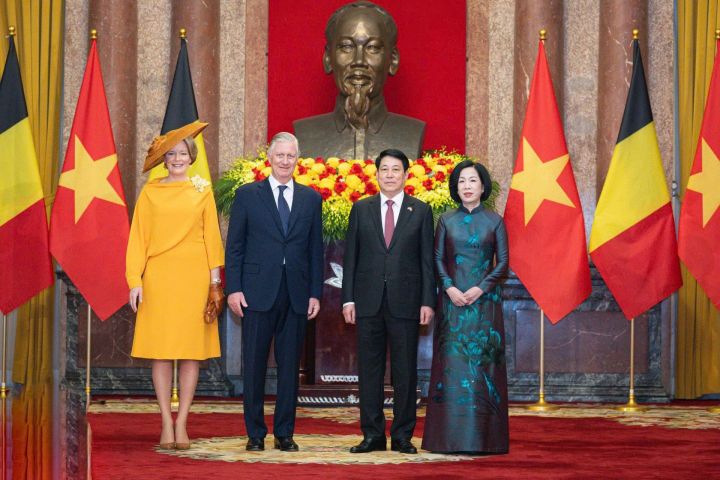
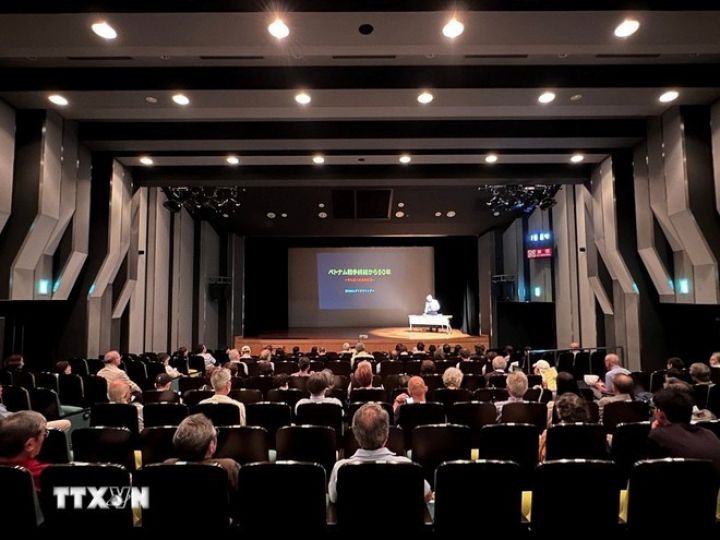

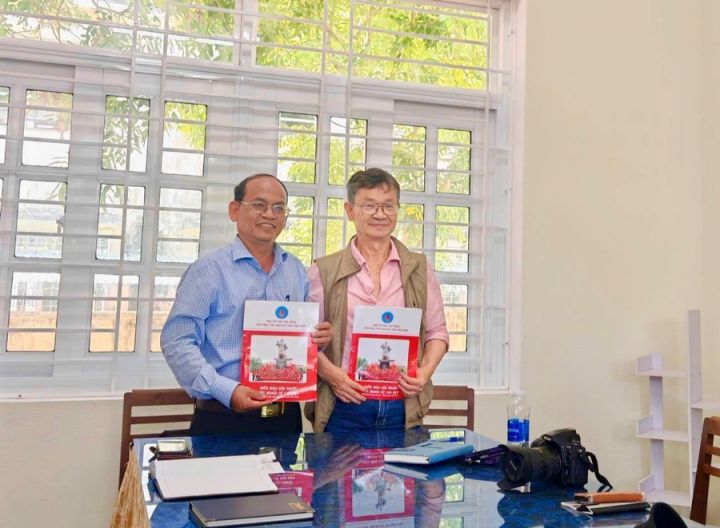
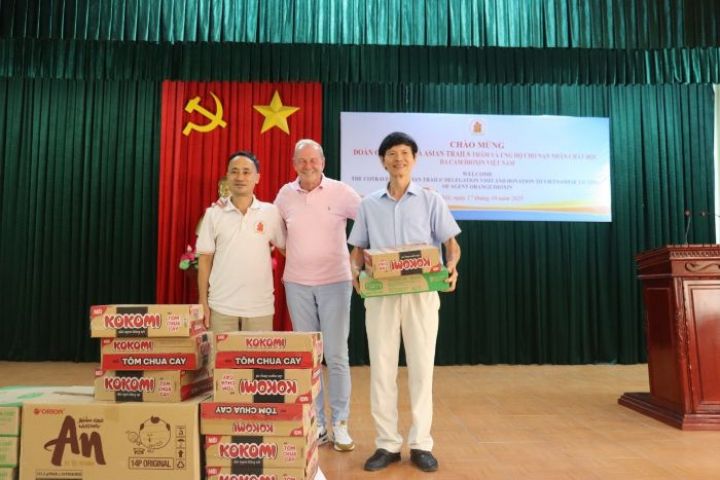
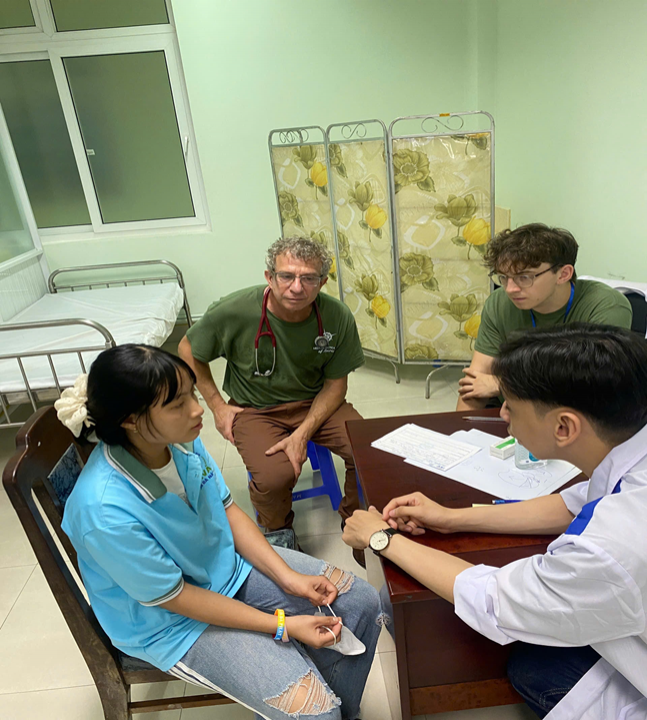











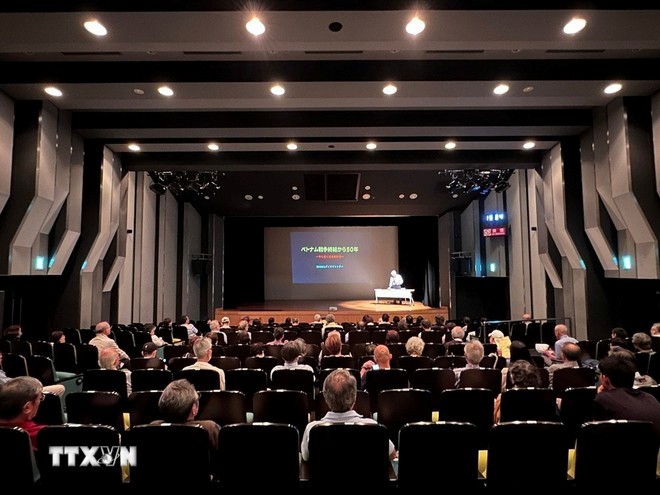
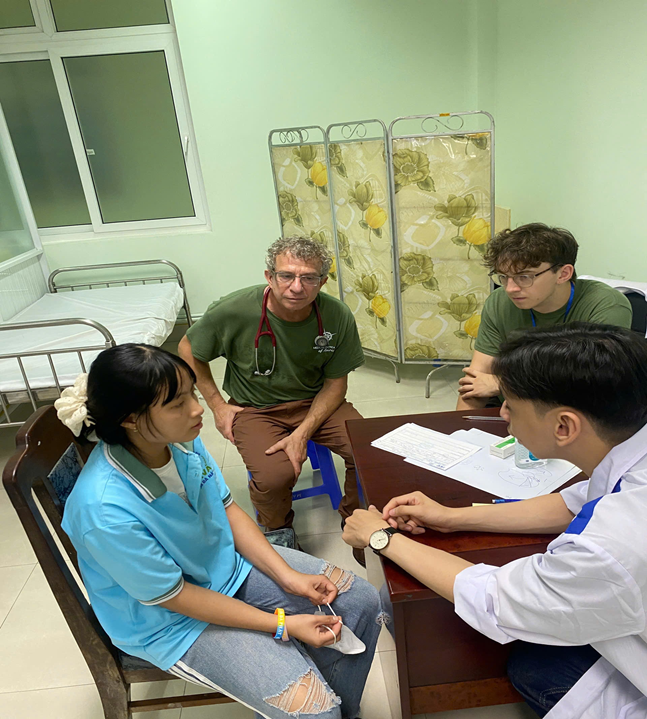
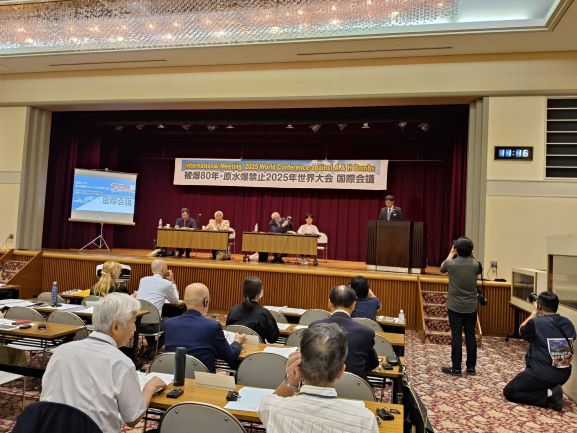
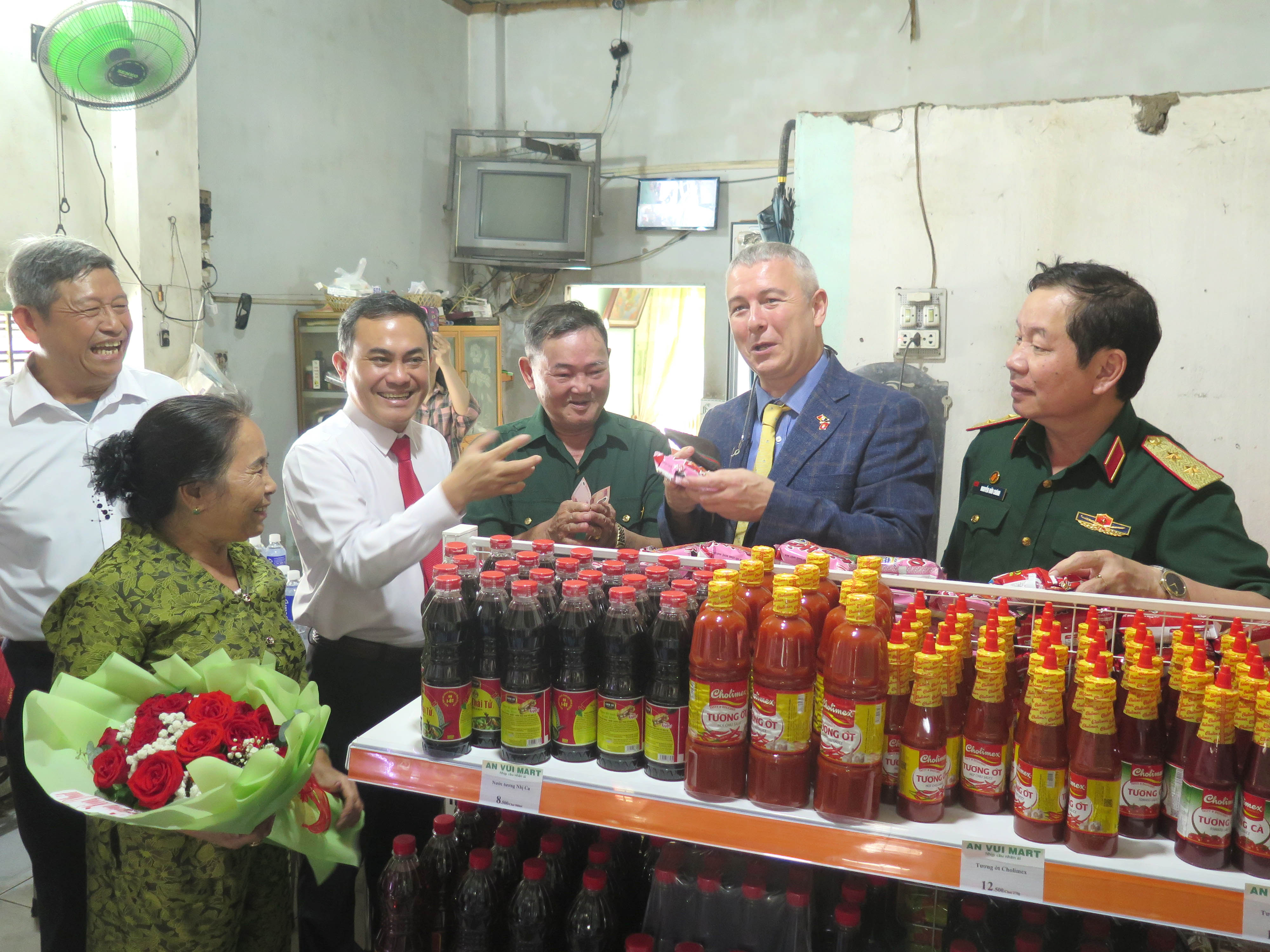
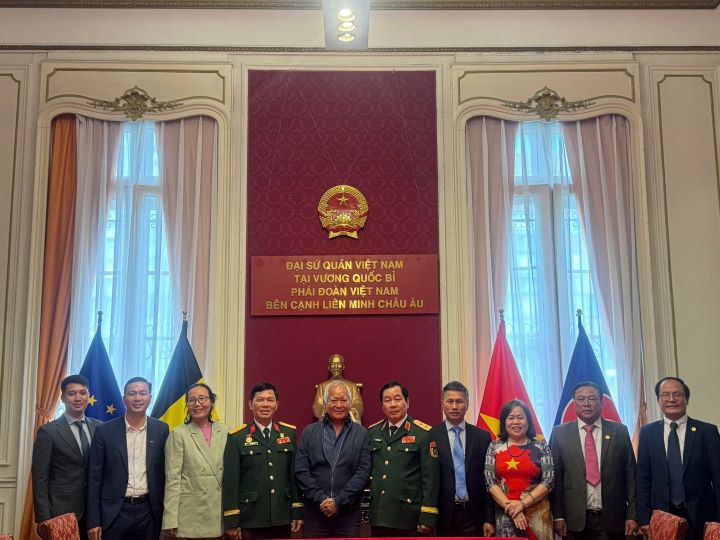
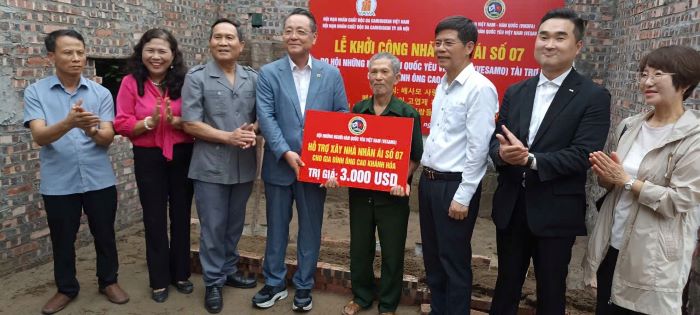


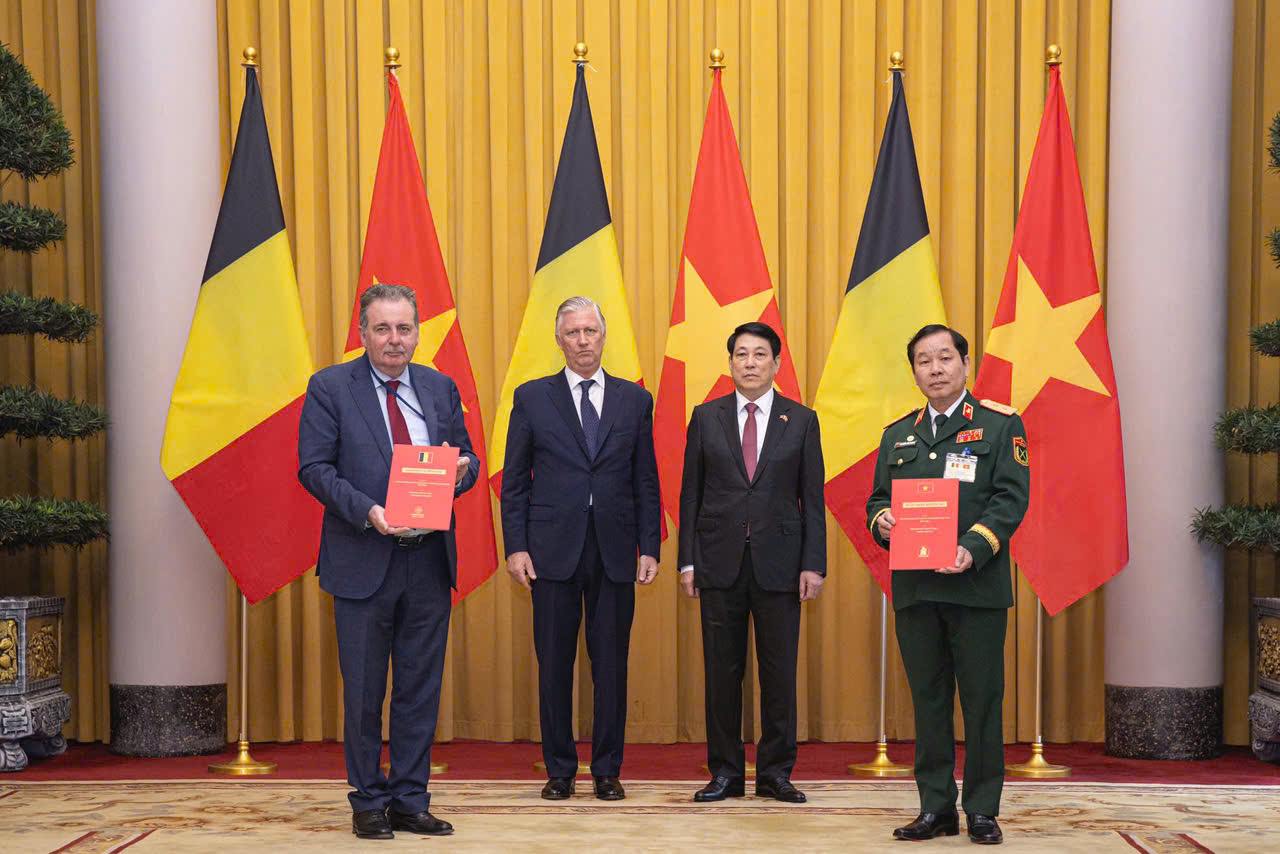
Comment